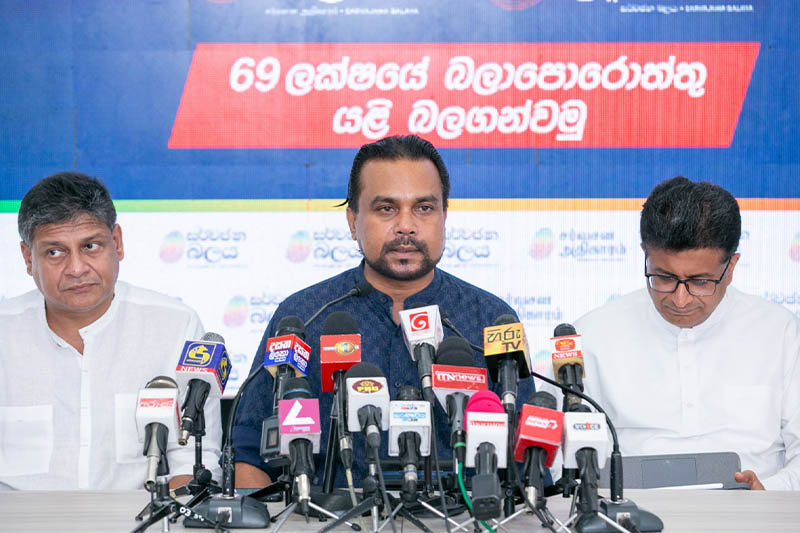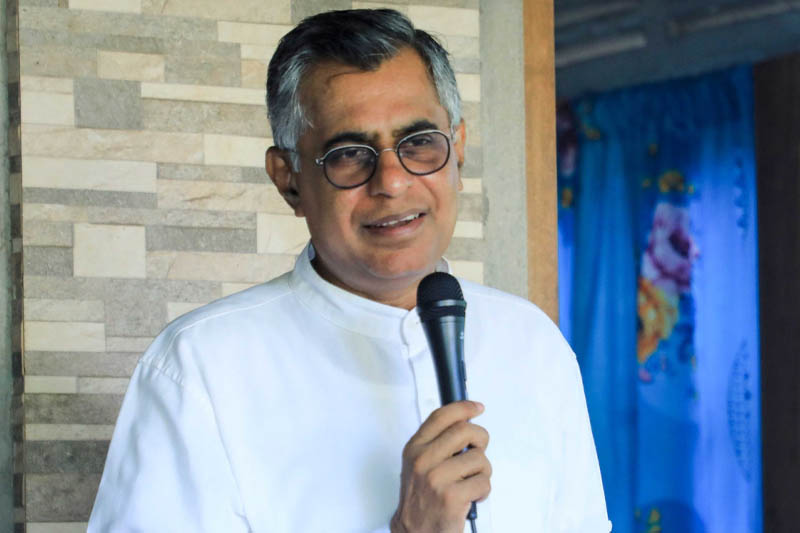In the current digital era, social media has become an essential part of children's lives since it gives them a platform for creativity, communication, and self-expression.
Despite all of its benefits, social media poses significant risks to children's wellbeing, including the possibility of cyberbullying, inappropriate content, and negative comparisons. In order to protect children from the negative impacts of social media and promote positive online conduct, parents and other caretakers must step in early.
The COVID-19 pandemic has accelerated the adoption of technology in education, including the integration of social media platforms into school education. There have been significant post-COVID advancements in social media instruction in schools.
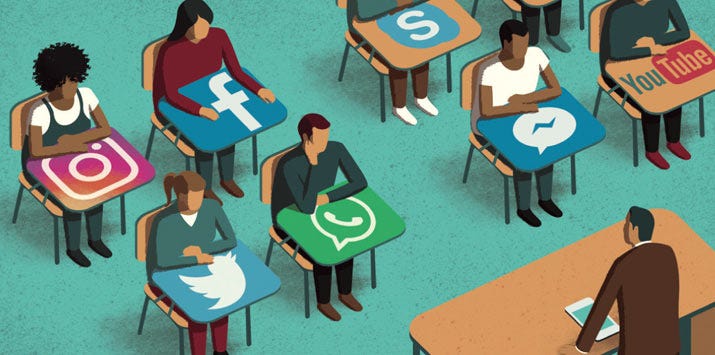
Today, schools have increasingly adopted hybrid learning models, combining in-person instruction with online components. Social media sites are utilised to build online communities and virtual classrooms where students may communicate, exchange materials, and work together on projects.
Additionally, social media platforms facilitate group work and remote communication among students, enabling them to collaborate on assignments, projects, and presentations from various locations.
Further, social media networks provide opportunities for teachers to engage in professional development, share best practices, and collaborate with colleagues in online communities.
Social media platforms are also used to improve parent-teacher contact by giving notifications about the school, future events, and student progress. Schools emphasise digital citizenship and online safety education, teaching students how to responsibly use social media platforms, protect their privacy, and navigate the digital world safely.

We can't deny the fact that social media has become a part of our lives, but as parents, we can take several possible safety measures to shield our children from the dangers that come with using it. The advantages of social media should be weighed against the need for responsible use in educational contexts, digital well-being, and privacy.
Social media can be thought of as two sides of a coin, each with unique traits and ramifications. Thus, it is essential to comprehend social media's dual nature in order to use it responsibly, maximise its benefits, and minimise its drawbacks. Parents need to help children use social media properly and to instill in them digital literacy, critical thinking, and safe online practices.
We fear that excessive use of social media by our kids will make them dependent on it. Do we make an effort to comprehend why this is happening? Social media users who are still developing self-control, in particular, may become addicted to the instant gratification that comes from likes, comments, and shares.
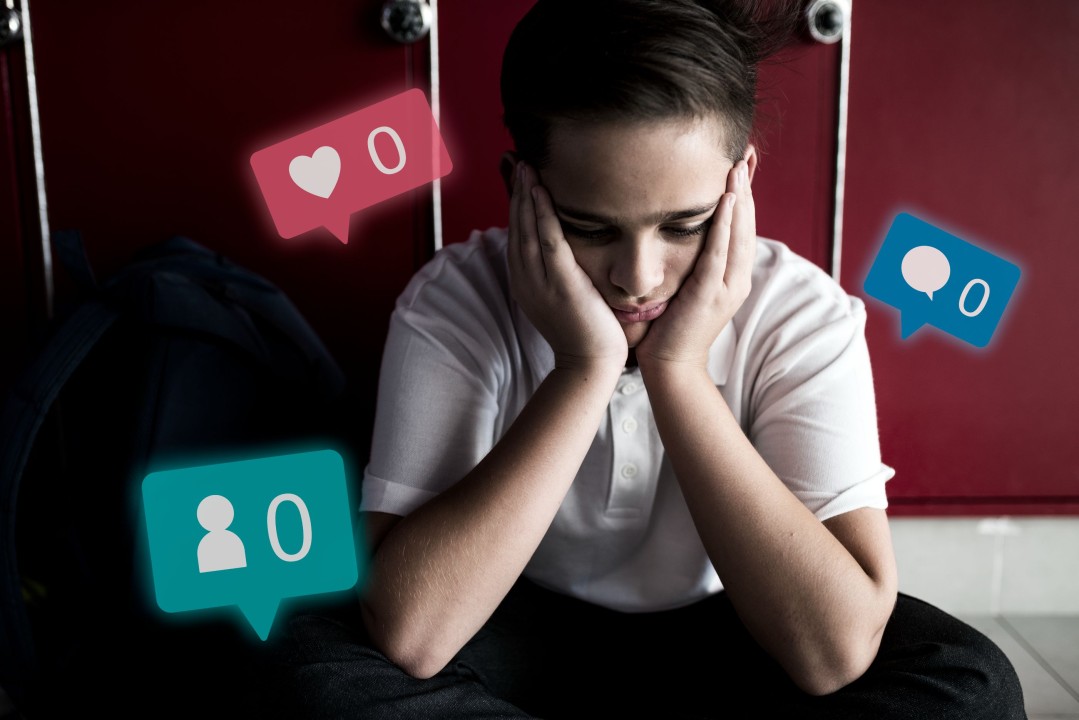
Additionally, kids may feel under pressure to constantly check their social media accounts to be current on events, news, and relationships with their peers. Another issue that could cause children to use social media excessively is peer pressure, since they might feel under pressure to keep up with their peers or friends.
Youngsters who turn to social media as a means of escaping from their problems or from boredom may find that they spend more time on the internet than they do off. Kids often have unrestricted access to smartphones and other devices, which allows them to spend endless hours on social media.
It is our responsibility as parents to aggressively confront any harmful content our children may come across on social media to ensure their wellbeing. We can reduce our children's exposure to hazardous content and provide a safer online environment by being aware of the advantages and disadvantages of online platforms.
As parents, it is our responsibility to educate ourselves on the characteristics, risks, and other facets of social media platforms. With this knowledge, we can successfully mentor our children and promote conversations about safe online activity.
Age limitations are in place on several social media networks for good reason. It is necessary to respect these boundaries and deny the child access until they are mature enough to take on the responsibilities.
We also need to educate our children about the potential dangers of social media, such as inappropriate content, cyberbullying, and privacy concerns. Screen time limitations, age-appropriate content restrictions, and activity monitoring can all be achieved by putting parental control tools and settings on gadgets and social media apps.

Regular checking on children’s online activities, friend lists, and interactions on social media platforms helps reduce the risk of getting into unnecessary social media harassments. Fostering a culture of open and honest communication with your kids will help to establish a comfortable space for them to talk about their worries, uncomfortable experiences, and any upsetting interactions.
In addition, we may teach our kids how to manage their social media privacy settings. Another effective way to shield kids from the negative consequences of social media use is to teach them how to make their profiles private and control who can view and interact with their information.
Another approach to addressing the problem is to establish explicit guidelines, rules, and norms for social media use within the family. These rules include things like time limits, material restrictions, and guidelines for proper online behaviour.
Encourage our kids to consider the sources of the information they come across on the internet. Assist them in realising the possible repercussions of conversing with strangers and disclosing personal information, and keep up with the newest social media trends and apps.
Learn about the platforms our children use and any potential risks they may pose. This will help us set clear guidelines and limits for our children’s use of social media, as well as age and maturity appropriate rules on screen time limits, appropriate content, privacy settings, and online interactions.
In order to create a well-rounded lifestyle, it's also critical to encourage youngsters to participate in hobbies, sports, and in-person interactions while maintaining a balance between online and offline activities.

Concerns about youngsters using social media excessively are becoming more and more pressing, and experts are calling for a more helpful and compassionate approach to managing addiction in young users. However, a proactive approach to addressing the issue would be to have open, non-judgmental conversations about social media usage with addicted children rather than utilising force or punishment.
It is advisable to get advice from a qualified professional, such as a child psychologist or therapist, as they may offer tailored guidance and support depending on the child's needs. By fostering a secure and supportive communication environment, we may help children overcome the challenges presented by social media addiction while also improving their mental health and our support system.
Always choose prevention over treatment. A cooperative effort involving parents, educators, legislators, and online service providers is necessary to protect children from social media misuse.
Joining forces will ensure that children are safe and secure when using the internet. This may mean advocating for stronger regulations and safeguards, increasing public awareness, and teaching people of all ages about social media etiquette in order to stop exploitation and abuse.
Children are highly perceptive and often learn by observing the behaviour of those around them. As adults, it's imperative that we lead by example when it comes to online interactions and digital citizenship.
By demonstrating respect, empathy, and responsible use of technology, we lay the foundation for a civilized social community for future generations. As initiators of this cultural shift, it is our collective responsibility to foster a positive online environment that promotes inclusivity, integrity, and mutual respect, ensuring that our children inherit a digital world that reflects the values we uphold.
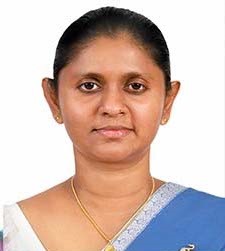
Dr. Nadee Dissanayake
This email address is being protected from spambots. You need JavaScript enabled to view it.
Founder/Secretary - CUP
Senior Commissioner
Inland Revenue, Sri Lanka
Related News:
Prevent children from using drugs – (Dr. Nadee Dissanayake)
Work while you work; play while you play - (Dr. Nadee Dissanayake)
Every Child is Unique - Dr. Nadee Dissanayake
Modern trends in children's songs - (Dr. Nadee Dissanayake)
Books Complete Us - Dr. Nadee Dissanayake
Interview with Dr. Nadee Dissanayake













